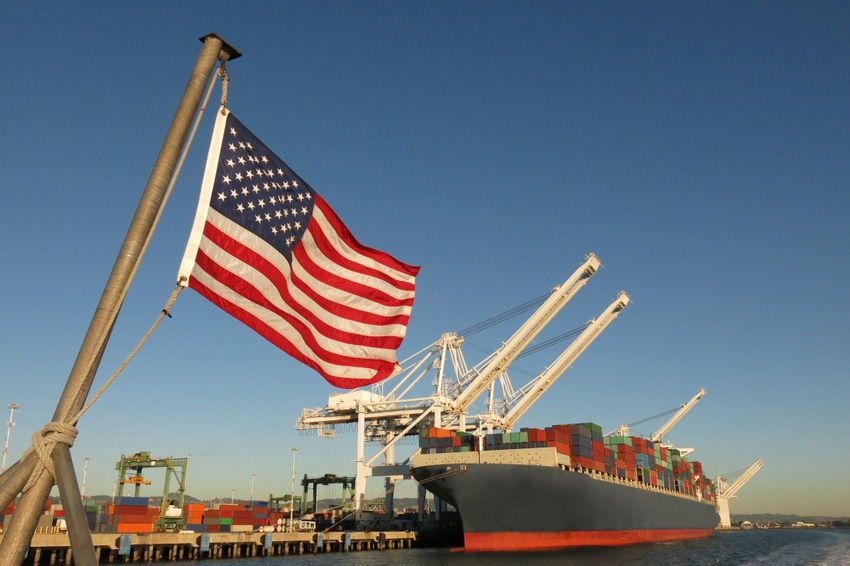APHIS update ensures ability to export amid FAD outbreaks
AFIA applauds agency for hearing industry concerns, making updates to VS 16-4 form.
April 6, 2023

The U.S. Department of Agriculture’s Animal Plant Health Inspection Service (APHIS) announced April 5 an updated Veterinary Services form 16-4 in response to concerns that, under the previous language of the form, all animal food manufacturers would be barred from exporting animal-based products amid a foreign animal disease outbreak in the United States.
The American Feed Industry Association (AFIA) applauded the change it said came as a result of applying pressure on APHIS and Capitol Hill to amend the form and support animal-based products’ ability to export.
“The VS 16-4 form has been one of those issues that keeps me up at night,” said AFIA President and CEO Constance Cullman. “Our ability to export animal-based products is a top priority for the AFIA and we very much appreciate APHIS for taking our call to action seriously.”
Under the previous form, the language certifies that “rinderpest, foot-and-mouth disease, classical swine fever, swine vesicular disease, African swine fever, and contagious bovine pleuropneumonia do not exist in the United States of America.”
As almost all animal-based feed products, pet food and treats are exported using the VS 16-4, should one of the listed foreign animal diseases occur, the disease statement on the certificate would invalidate the entire form because the United States could no longer claim the disease “does not exist in the United States.”
The updated form moves the disease statement, “This is to certify that rinderpest, foot-and-mouth disease, classical swine fever, swine vesicular disease, African swine fever, and contagious bovine pleuropneumonia do not exist in the United States of America,” from the letterhead to the additional declarations section. With the statement moved to the additional declarations section, APHIS will be able to strike the specific disease from the form in real time without having to go through the arduous Office of Management and Budget review process for changing a government form.
Without the update, chaos wuld have ensued in the animal food marketplace, Cullman explained. “For example, there should be no reason for a poultry-based product to not be able to be exported if the United States has a swine based foreign animal disease, but that is what would have happened if APHIS did not make this change.”
While AFIA is pleased to see APHIS taking this step, it said there is more work to be done. Next steps include working with APHIS to only list the disease(s) that are relevant to that commodity. For example, listing contagious bovine pleuropneumonia on the bovine products 16-4 form and not on the swine or poultry products form.
Protecting animal food exports is a top priority for the AFIA. The United States remains a leader in agricultural exports, with the quality of products being a primary selling point. In 2022, U.S. animal feed and pet food manufacturers exported over $7.4 billion in products, including $4.9 billion in feed and feed ingredients and $2.5 billion in pet food products. In addition, the U.S. agriculture value-chain accounts for nearly 20% of the country’s economic activity, contributing $8.6 trillion in economic output, with $202.2 billion contributed to exports. Any disruption to exports is a disruption that reverberates down the value-chain, affecting animal food companies throughout the United States.
You May Also Like



